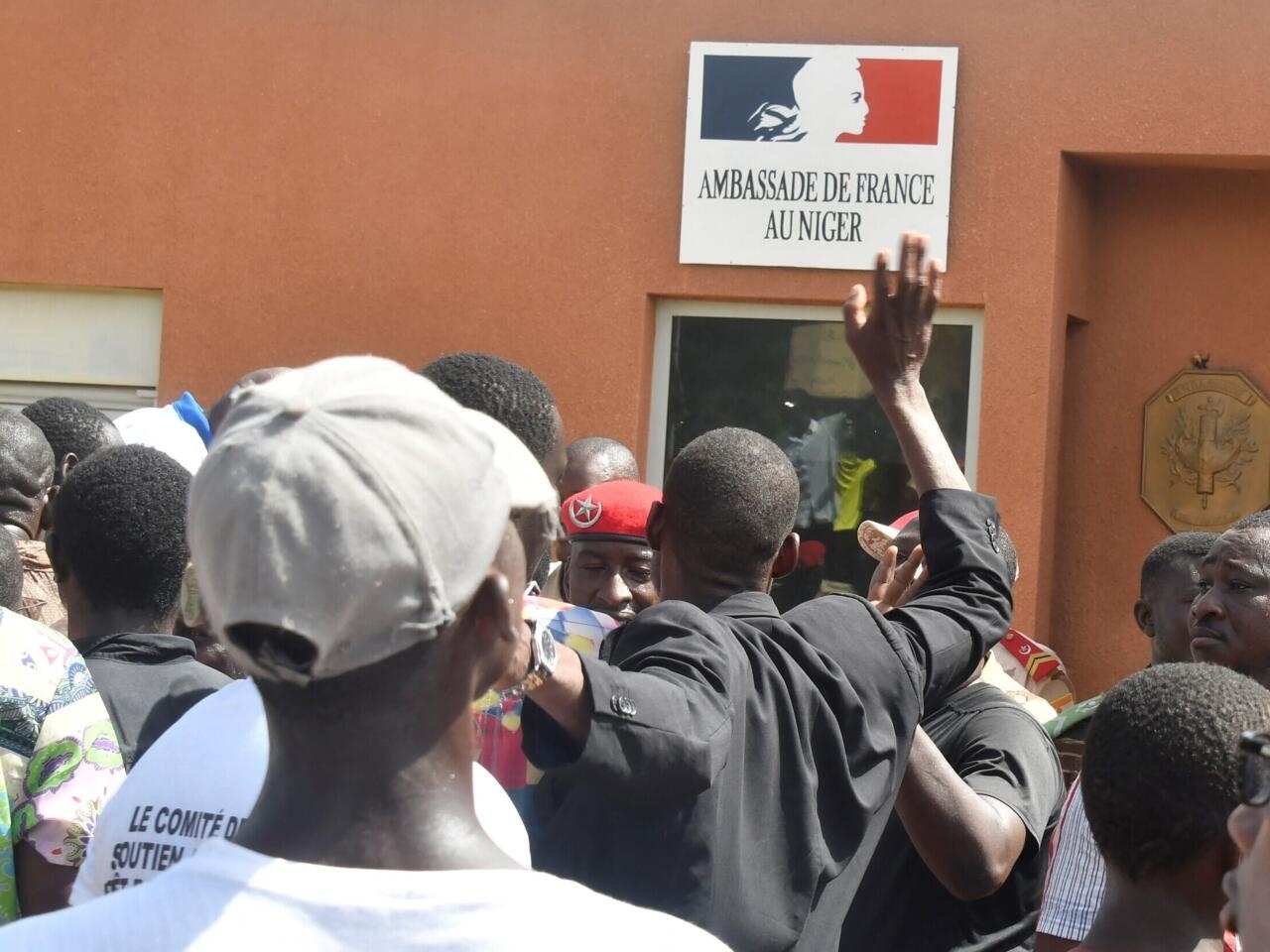Niger’s political landscape has been thrown into turmoil following a military coup that ousted the democratically elected President, Mohamed Bazoum. As the crisis escalates, the junta leaders have scrapped military pacts with France, faced international pressure, and issued stern warnings to West African countries. Amidst the escalating tensions, President Bazoum, now held in captivity, has called on the United States and the international community for assistance in restoring constitutional order and preserving regional stability.
Junta Scraps Military Pacts and Ends Ambassador Mandates
The newly installed junta in Niger, known as the National Council for the Safeguard of the Homeland, announced that it has decided to end military cooperation agreements between Niger and France. This move comes as a response to what the junta perceives as France’s careless attitude towards the situation. The scrapping of these pacts adds to the growing tension between the two nations and raises concerns about security in the region. Additionally, the junta terminated the mandates of ambassadors to four countries – France, Nigeria, Togo, and the United States. This decision reflects the junta’s defiance in the face of international pressure to restore the democratically elected leader they deposed last week.
Junta’s Warning to West African Bloc and US Help Appeal
In response to pressure from the Economic Community of West African States (ECOWAS) to reinstate President Bazoum, the junta issued a stern warning to West African countries. The junta stated that it would respond immediately to any aggression or attempted aggression against it by any West African nation, except for “suspended friendly countries” like Burkina Faso and Mali. This response could heighten tensions in the already volatile region and potentially trigger a broader crisis.
President Bazoum, in his first lengthy statement since being detained, called on the US government and the international community to assist in restoring constitutional order in Niger. In a column published in The Washington Post, Bazoum emphasized the devastating consequences of a successful coup attempt and urged the junta to release all unlawfully arrested citizens. He expressed concern about the rising influence of criminal Russian mercenaries, such as the Wagner Group, in neighboring countries and warned that terrorist groups like Boko Haram could exploit Niger’s instability to launch attacks in the region.
Niger’s Ambassador Warns of Regional Collapse
Niger’s ambassador to the US, Kiari Liman-Tinguiri, issued a dire warning that if the junta does not return power to President Bazoum, the country and the wider Sahel region could collapse. The ambassador stressed the potential destabilization of the entire Sahel region, considering the ongoing conflicts with violent extremists and the uncertainty surrounding Western economic and security aid. Liman-Tinguiri appealed to the junta to reconsider their actions and prevent further suffering for the people of Niger.
Key Events So Far:
The crisis in Niger has witnessed a series of significant events, including President Bazoum’s detention by the military, General Abdourahamane Tiani declaring himself as the new leader, and the suspension of security cooperation and financial aid by France, the European Union, and the United States. ECOWAS has given the junta a week to reinstate the democratically elected president or face the possibility of forceful action.
The political situation in Niger remains precarious as the military junta defies international demands and tensions escalate in the region. The appeal for assistance by President Bazoum adds urgency to the crisis, with the potential for devastating consequences for Niger and the broader Sahel region. As the world watches closely, the need for a peaceful resolution and restoration of democratic order in Niger becomes ever more critical to ensuring stability and security in the region.















